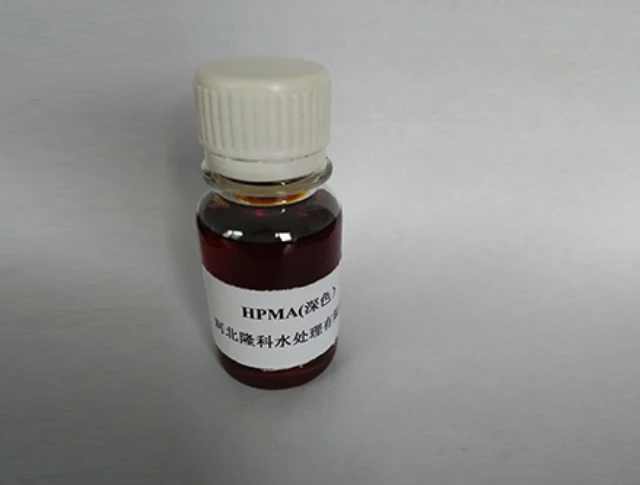Application of Coagulants and Flocculants in Water Treatment Processes and Their Effects
Coagulants and flocculants play a crucial role in water treatment processes, aiding in the removal of suspended particles and impurities from water. These substances are essential in various applications, including municipal water supply, industrial processes, and wastewater treatment.
.
Once coagulants have been added, the resultant larger aggregates, or flocs, form and settle at the bottom of the treatment system. However, the process does not end here. Flocculants are often employed to enhance the coagulation process. These substances help in gathering and further stabilizing the flocs, making them larger and more robust, thus simplifying their removal during sedimentation or filtration processes. Flocculants can be natural or synthetic and typically consist of polymers. Their role is particularly important in situations where fine particles are present, as traditional coagulation may not be sufficient to effectively precipitate these smaller particles.
coagulant flocculant

One common application of coagulants and flocculants is in drinking water treatment. Municipalities use these agents to ensure that the water reaching consumers is free from harmful contaminants. They are also vital in various industrial processes, including mining, paper production, and food processing, where the clarification of liquids and removal of suspended solids are necessary.
In wastewater treatment, coagulants and flocculants contribute to the effective separation of solids from liquids, allowing for the safe disposal or recycling of treated water. The utilization of these chemicals not only improves the quality of water but also promotes environmental sustainability by reducing the volume of waste generated in industrial processes.
In conclusion, coagulants and flocculants are indispensable in the realm of water treatment, providing significant benefits to both public health and environmental protection. Their effective application can lead to cleaner water sources and improved treatment outcomes, highlighting the importance of ongoing research and optimization in this critical field. Understanding the chemistry and interactions involved can help operators enhance their treatment processes to meet both regulatory standards and public expectations.
-
lk-319-special-scale-and-corrosion-inhibitor-for-steel-plants-advanced-solutions-for-industrial-water-systemsNewsAug.22,2025
-
flocculant-water-treatment-essential-chemical-solutions-for-purification-processesNewsAug.22,2025
-
isothiazolinones-versatile-microbial-control-agents-for-industrial-and-consumer-applicationsNewsAug.22,2025
-
scale-inhibitor-key-solutions-for-water-system-scale-preventionNewsAug.22,2025
-
organophosphonates-versatile-scale-inhibitors-for-industrial-water-systemsNewsAug.22,2025
-
scale-and-corrosion-inhibitor-essential-chemical-solutions-for-water-system-maintenanceNewsAug.22,2025





